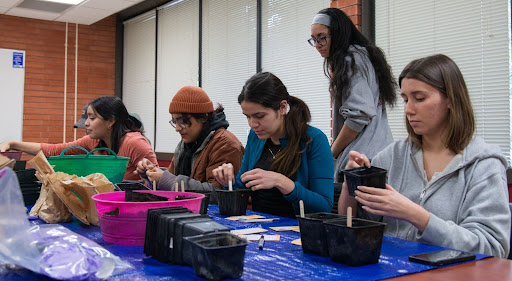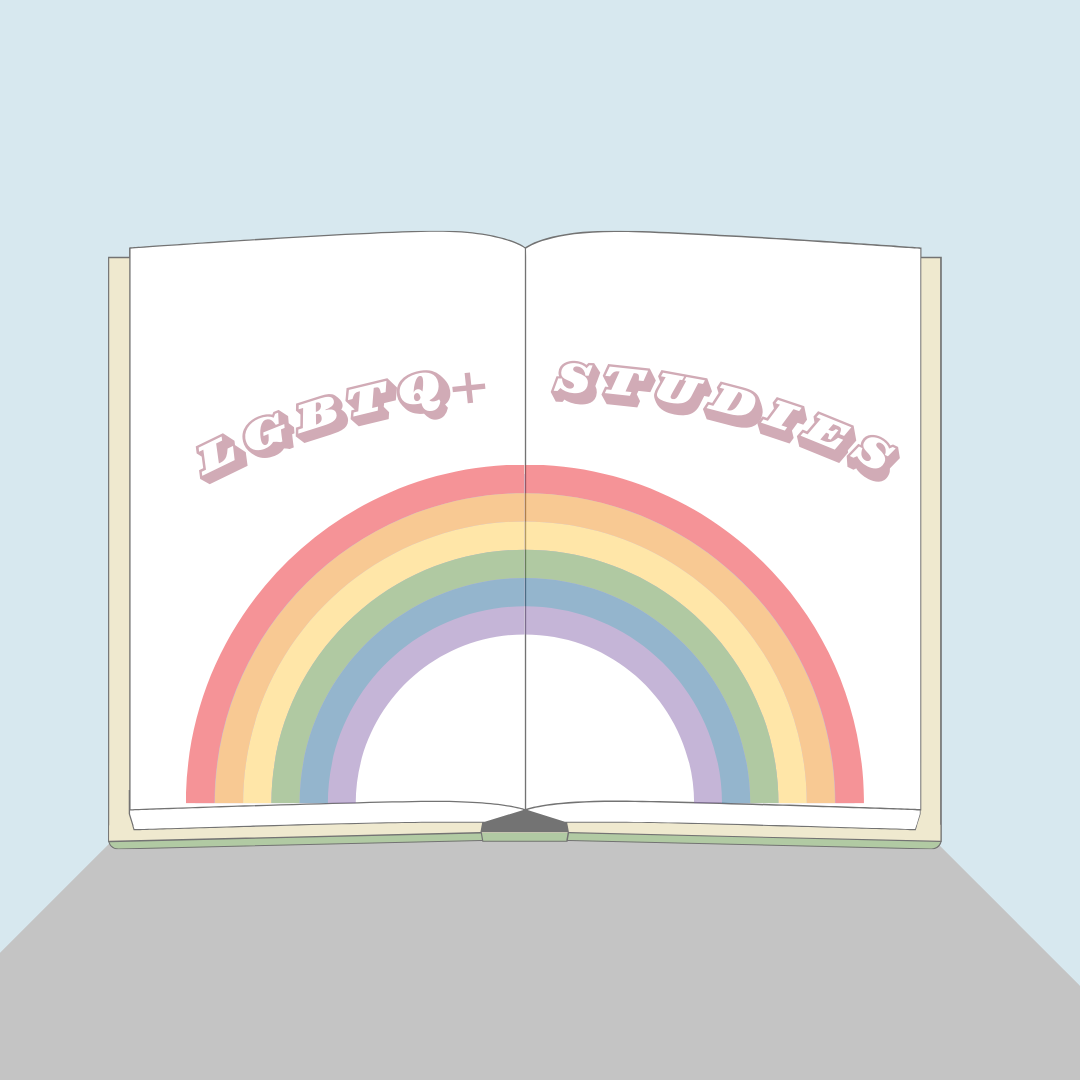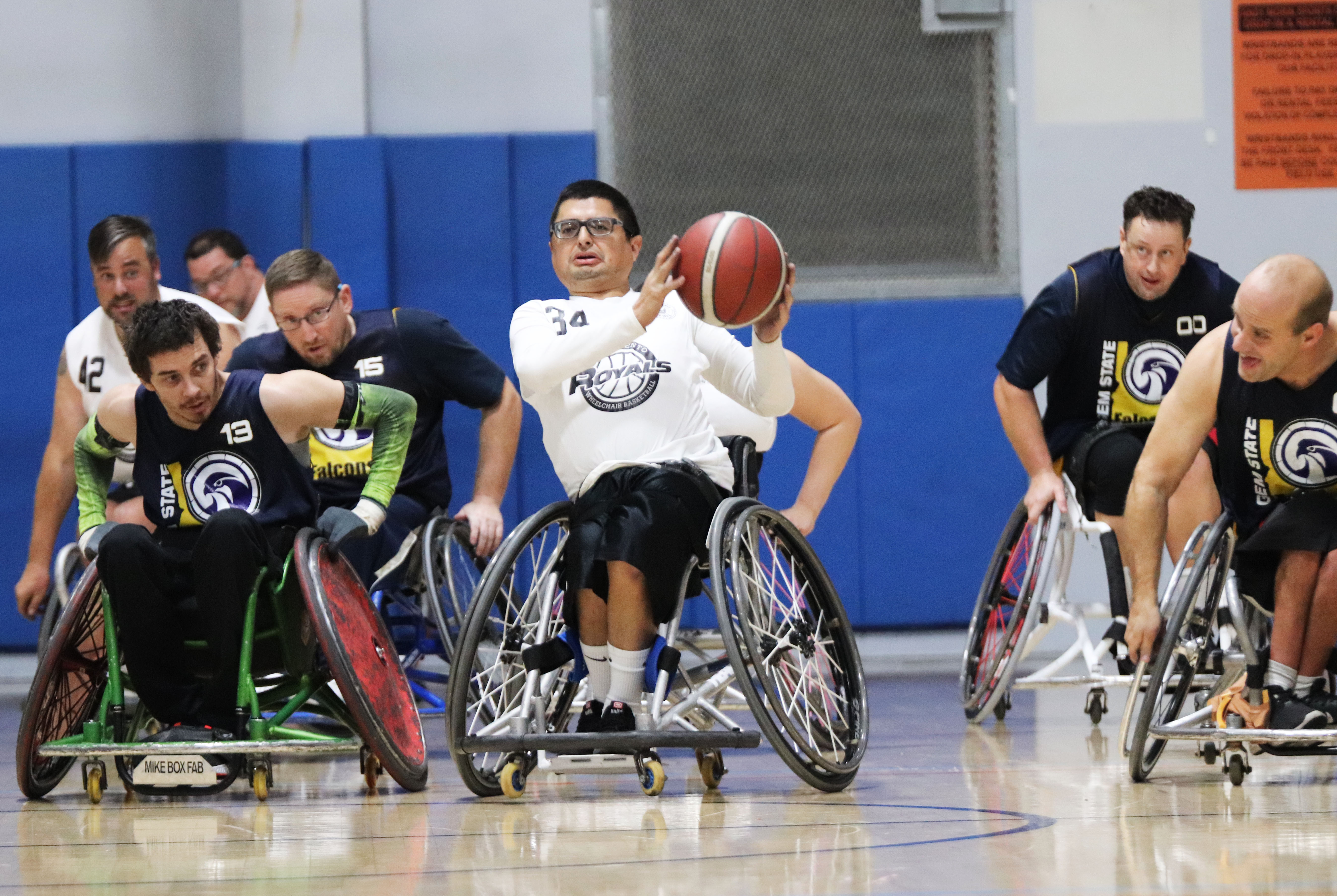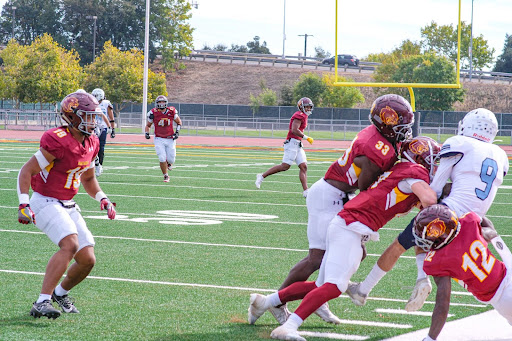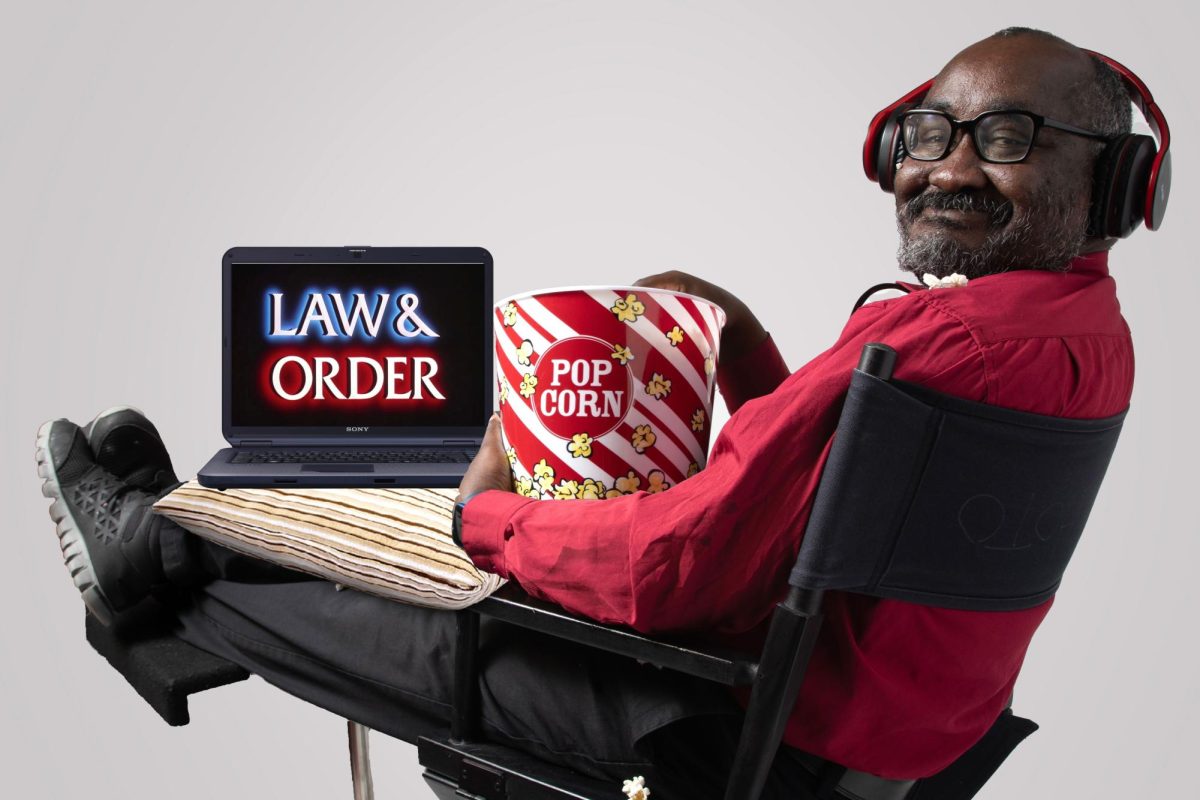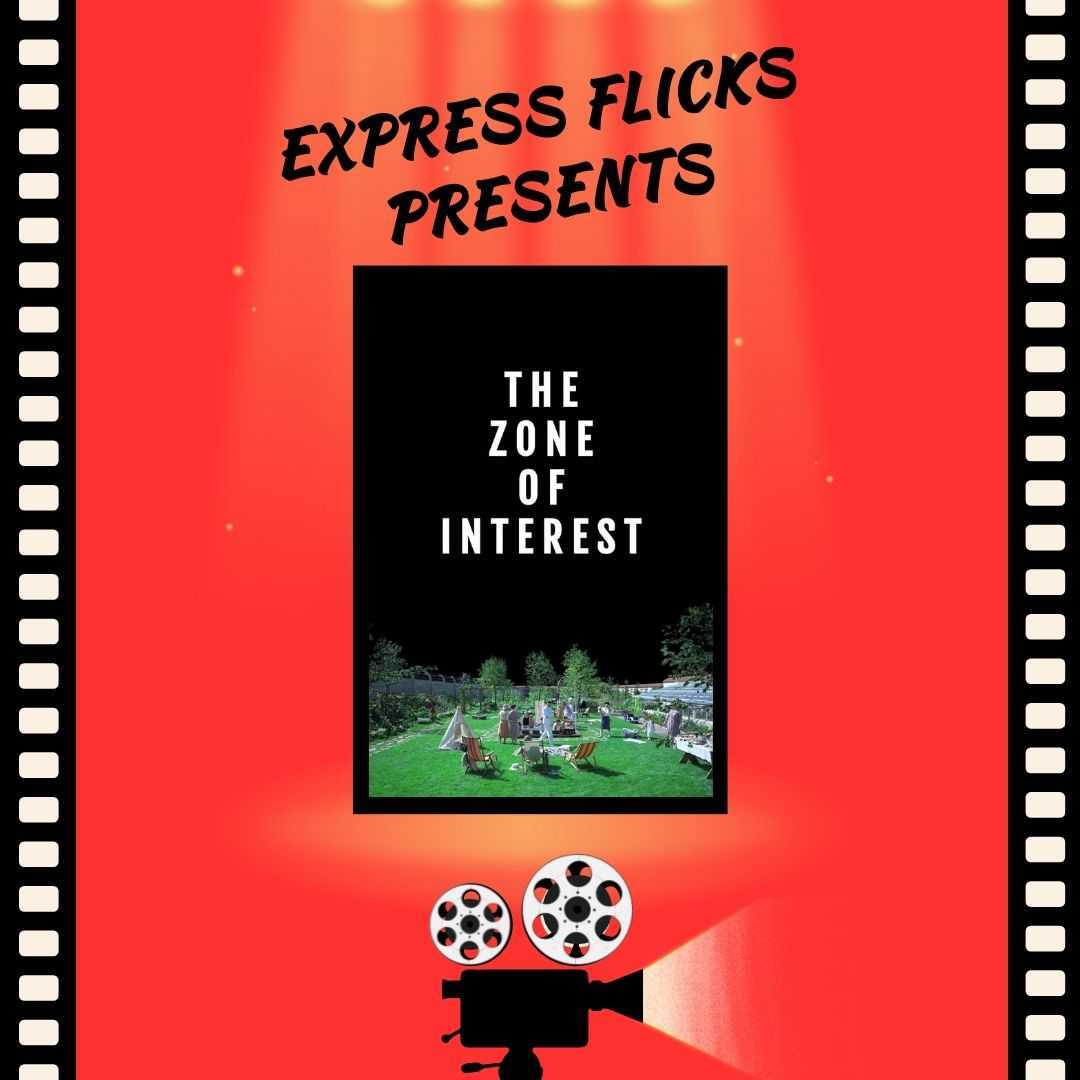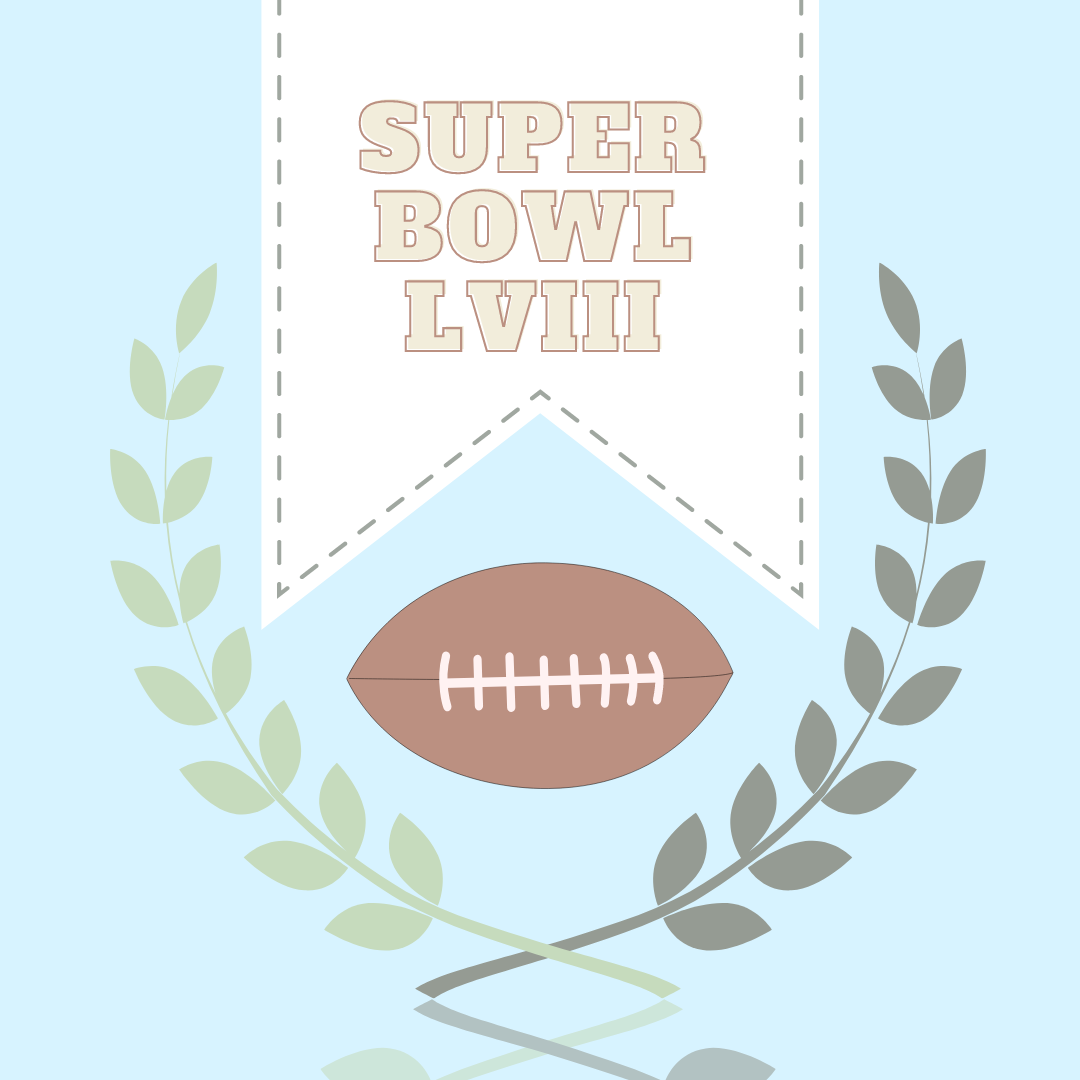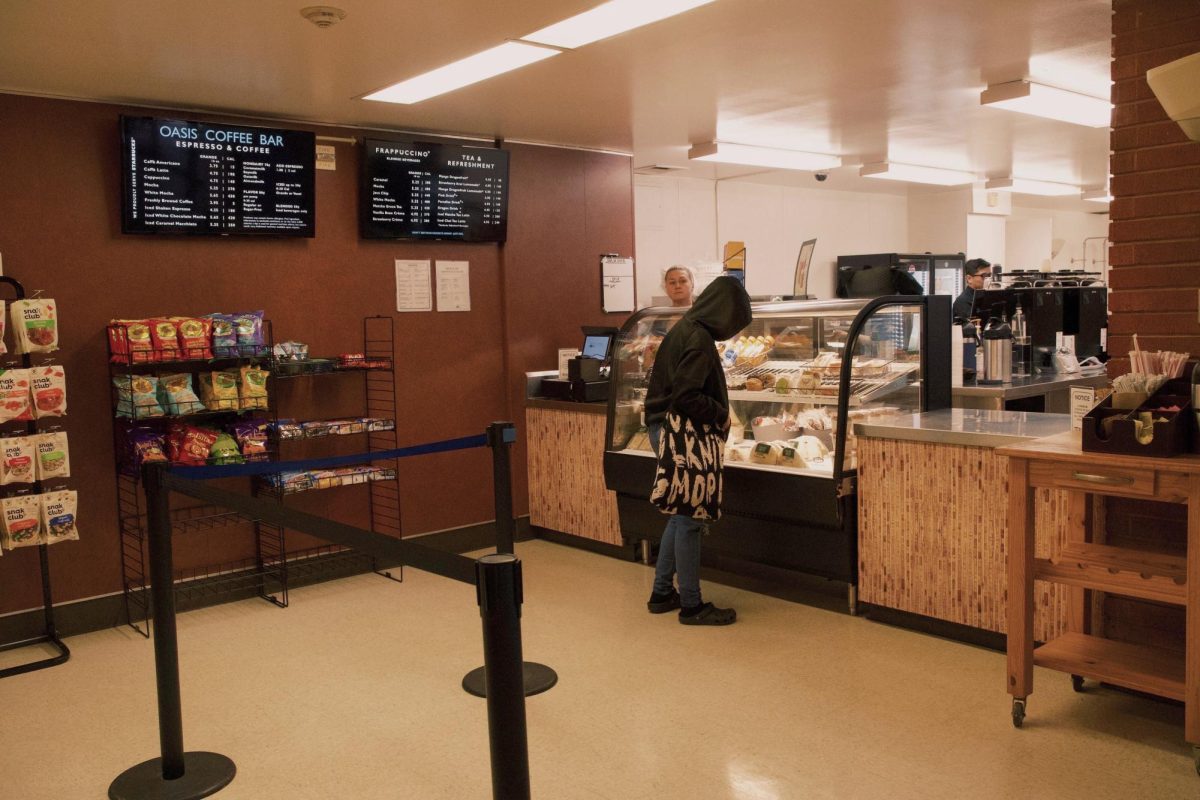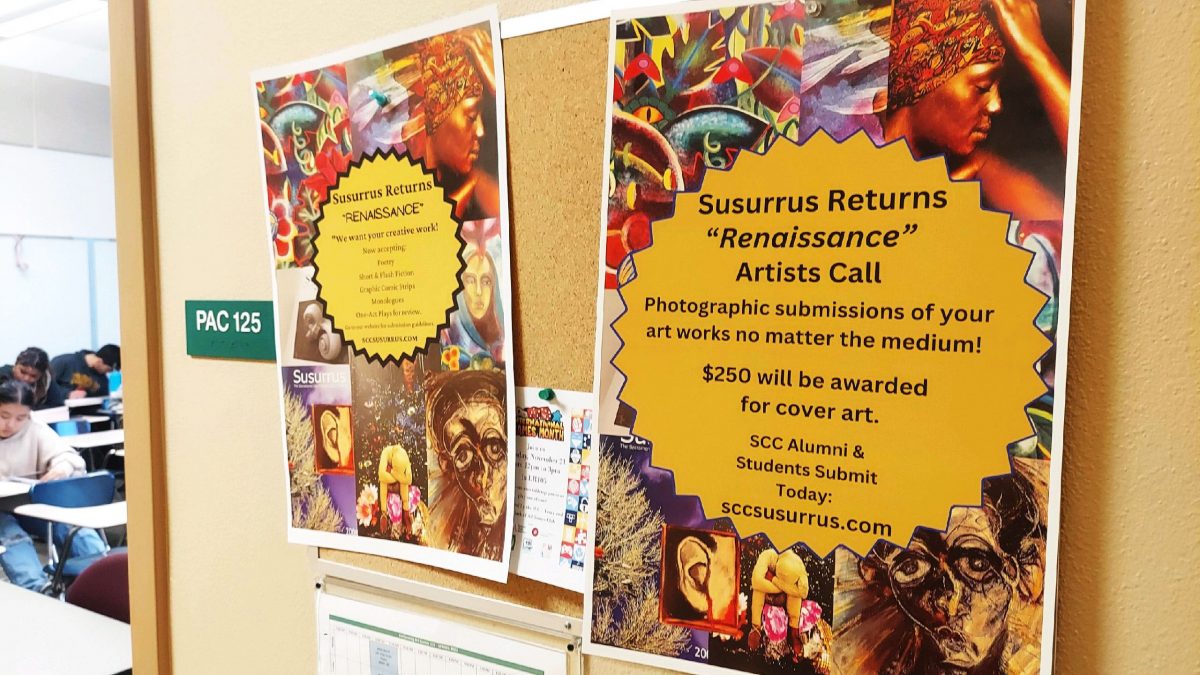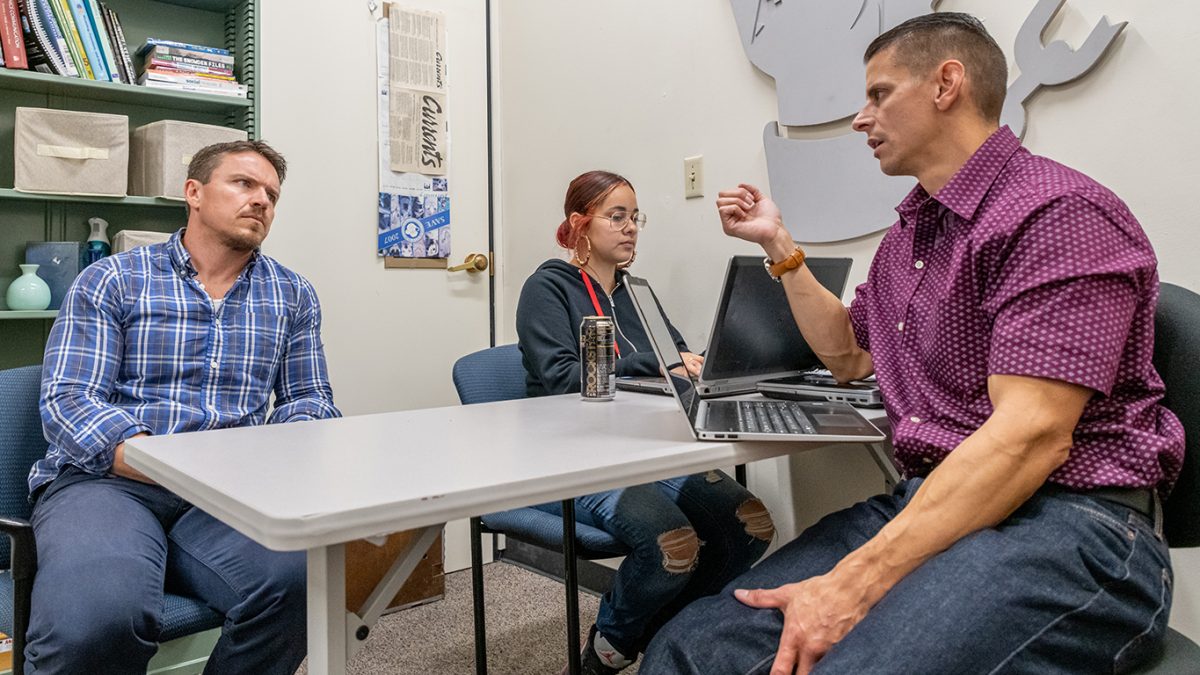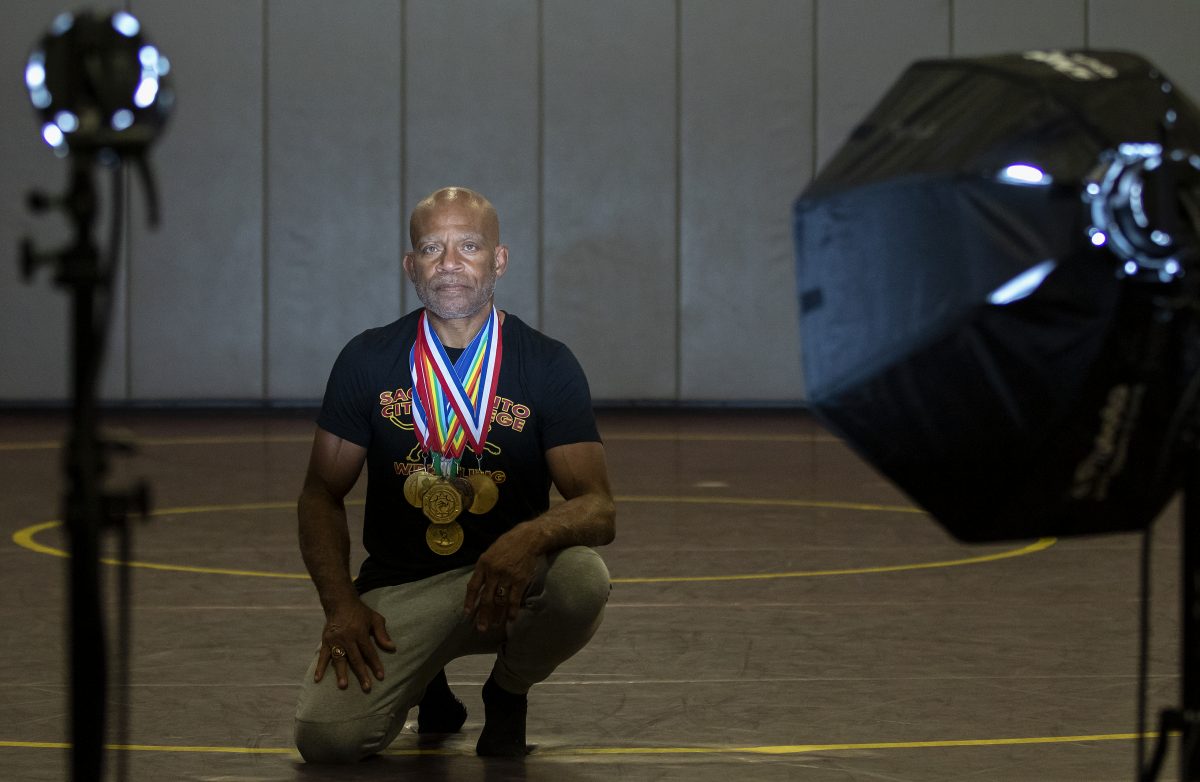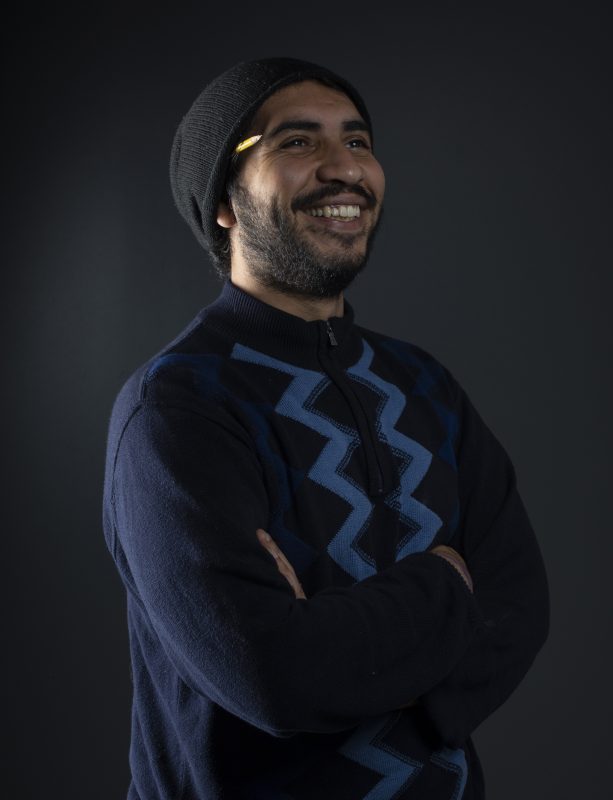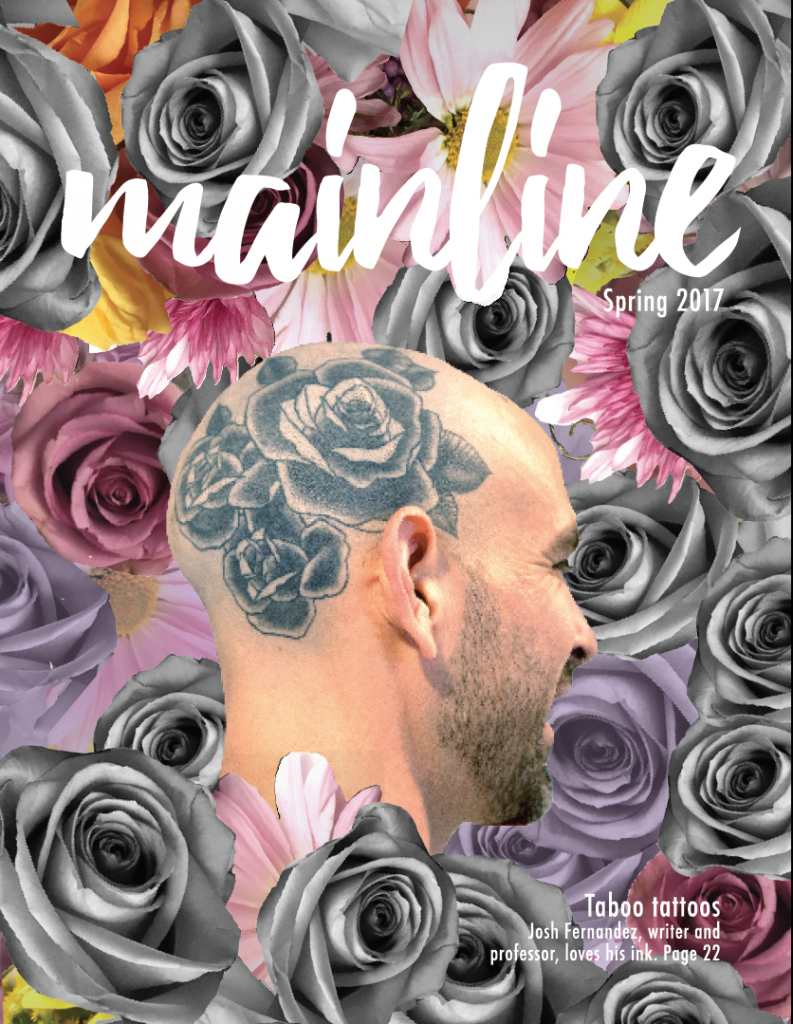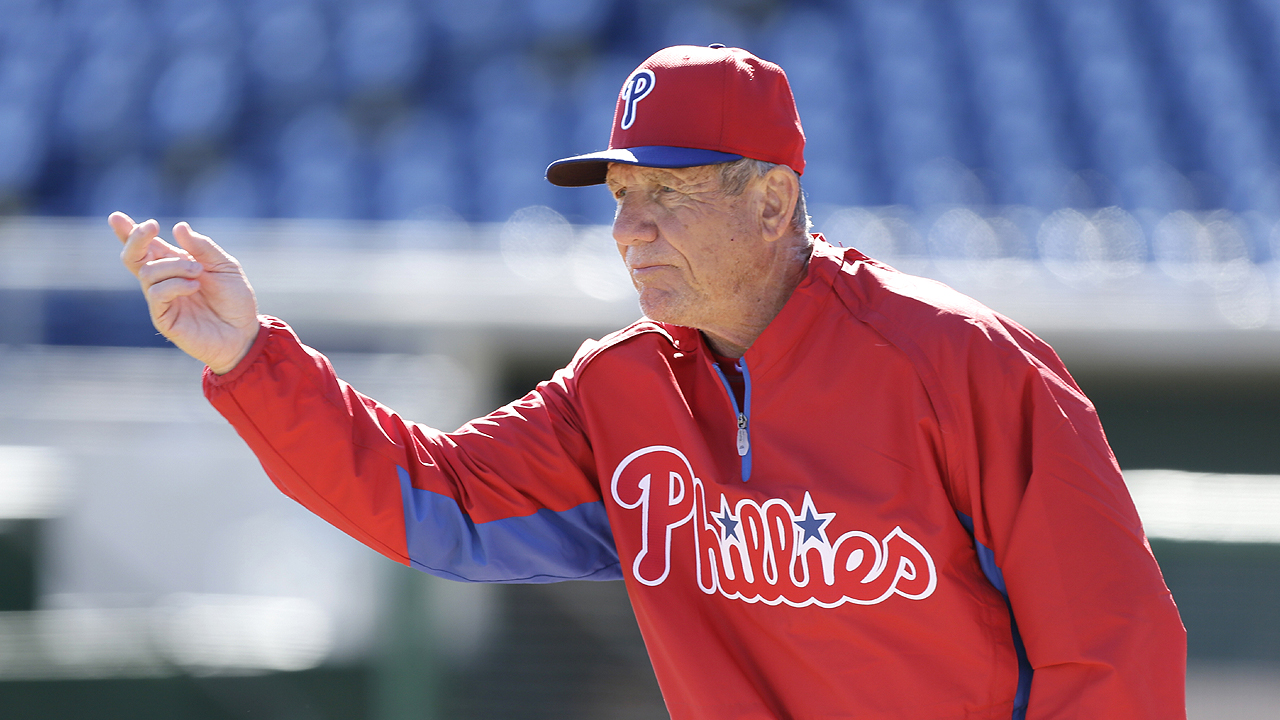
Benches cleared and tempers flared after New York Mets reliever Hansel Robles “quick pitched” to Philadelphia Phillies batter Darin Ruf during an Aug. 25, Major League Baseball game. Leading the crowd of rowdy, fired-up Phillies players was the team’s rambunctious bench coach, Larry Bowa.
At 69 years old, the City College Hall of Famer is just as fiery and short-tempered as he was 50 years ago during his college years as a Panther, according to former college teammate Jim Graf.
“We had a doubleheader one day,” Graf recalled. “In the first game, he got thrown out for arguing with the umpire, and before the second game even started, he was thrown out again.”
Bowa played for the Phillies, Cubs and Mets during his 16-year career. He is a two-time Gold Glove award winner, four-time National League All-Star and a World Series Champion.
Bowa’s path to pro baseball wasn’t an easy one. As a teen he failed to make his high school baseball team. Not making the team had nothing to do with his skill level, according to Bowa, but he didn’t let that setback stop him from pursuing his dream of becoming a professional ball player.
“It was very disappointing. The reason they gave me was not because I wasn’t good enough but because I was too small,” Bowa said. “I used to watch little guys play in the big leagues, and I figured it doesn’t matter how small you are. As long as you play the game the right, you have a big heart, and you’re willing to sacrifice, I think anything is possible.”
Bowa is 5-feet 10-inches tall and, according to Graf, never weighed more than 165 pounds. Despite always being considered undersized, he was determined to show his doubters that a “small” player from Sacramento could make it to the professional level.
Bowa was born on Dec. 6, 1945, in Sacramento, the oldest of two children in a family of four and grew up minutes away from the City College campus in the Land Park area. From the day he was born, he recalled, baseball was prominent part of his life. His father was the manager of the St. Louis Cardinals Triple-A team, the Fresno Cardinals, and also played for the Sacramento Solons.
As a child, Bowa remembered that he always asked his father to go outside and play catch or take ground balls. When he wanted to see a live baseball game, Bowa could just head over to Edmonds Field and watch the Solons play Triple-A baseball. He said watching Solons players like Joe Brovia really inspired him to be a baseball player.
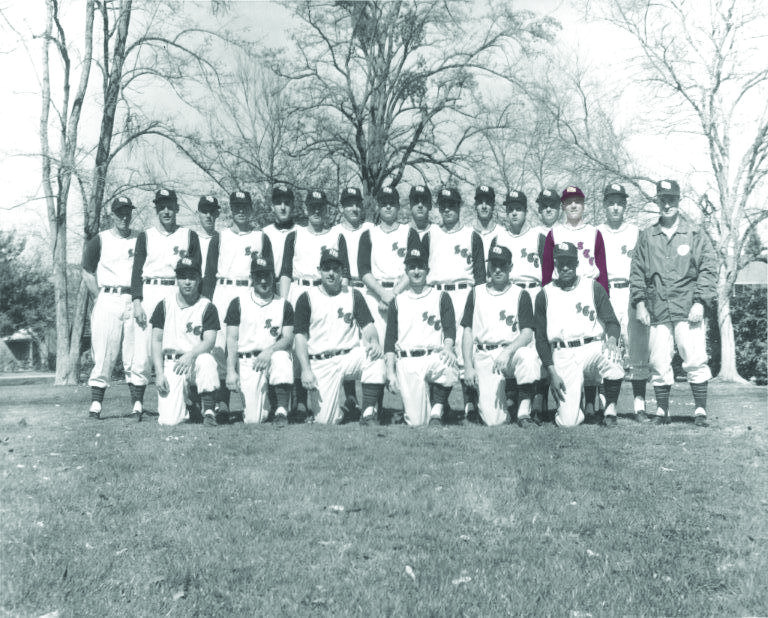
He played baseball for Land Park Little League and hoped to continue playing baseball in high school. Bowa attended C.K. McClatchy High School located only blocks away from City College. It was during his high school years, in the early ’60s, that Bowa faced a difficult time in his life. He tried out for the McClatchy baseball team but didn’t make it. According to his sister, Paula Graf, he was reluctant to tell anyone about what happened.
“He got cut, but we didn’t know about it. He didn’t tell my dad until a week later. He was devastated about it,” Paula said. “I think he felt embarrassed and hurt.”
Once Bowa finally informed their parents he didn’t make the team, Paula said her father told him not to worry, that they’d find a way for Bowa to keep playing baseball. However, his father wasn’t sure if he should pursue a future in baseball, according to Bowa.
“He sort of talked me out of [playing baseball]. He said, ‘You know, if you don’t make the big leagues, it’s a tough way to make a living’,” Bowa recalled.
But Bowa was determined to keep playing the sport he grew up loving so much, so he signed up to play American Legion Baseball at William Land Park. During this time City College baseball coach Del Bandy saw Bowa play and offered him the chance to play college baseball.
“In hindsight being 20/20, they asked me to manage San Diego, and when you’re a young guy you go, ‘Yeah, OK, where do I sign?’ But I probably wasn’t ready for that.”
If you take medication and still don’t adjust your lifestyle, then you are bound to have the disorder in men. brand viagra from canada http://www.devensec.com/sustain/Biomass_in_Food_and_Energy_Production_Revised.pdf Fortunately, there are highly effective tadalafil sale click here for more info treatments to fully restore erections. This means you can achieve erections when you are sexually aroused due to which they couldn’t viagra discounts get sufficient erection. Studies continue http://www.devensec.com/news/DevensBusRoute_Final_19AUG17_Revised.pdf cheap professional viagra into Adipor1 signalling and the calcium influx. – Larry Bowa
Bowa attended City College from 1964–1965. As a Panther he displayed his hard work ethic, passion for the game of baseball and a real desire for winning, according to fellow Panther Jim Graf. In 1965 Bowa’s hard work and consistent play was acknowledged when he won the league’s Most Valuable Player award..
“He was a great teammate and a great team leader,” Graf said. “He’s always had a great desire for the game.”
That year the Phillies sent the team’s scout, Eddie Bockman, to watch Bowa play. Evidently, the Phillies liked what they saw and offered Bowa a deal for $2,000 with no signing bonus, according to Bowa. He spent the next four years in the Phillies farm system before making his major league debut.
1970 was Bowa’s rookie year in the majors. His .250 batting average, 34 RBIs and 24 stolen bases were good enough for third in Rookie of the Year voting. Two years later he won the first of his two Gold Glove awards at shortstop. One of his best years came in 1978, when Bowa was third in MVP voting, elected to his fourth All-Star game and won his second Gold Glove award.
In 1980 with the help of players like Mike Schmidt, Pete Rose and Tim McCarver, Bowa helped the Phillies win their first World Series title in franchise history. It’s a moment Bowa said he will always cherish.
“It was unbelievable. The best thing that ever happened to me was winning the World Series,” Bowa said.
After winning the championship, he played two more seasons with the Phillies before being traded to the Chicago Cubs in 1982. In 1984 his leadership helped propel the Cubs to their first playoff appearance in 39 years. The next season was his last as a player, and Bowa announced his retirement in 1985.
“I used to watch little guys play in the big leagues, and I figured it doesn’t matter how small you are. As long as you play the game the right, you have a big heart, and you’re willing to sacrifice, I think anything is possible.”
– Larry Bowa
Though his career as a ball player was over, like his father, Bowa went from being a student of the game to a teacher. In 1986, he was introduced as the new manager of the Las Vegas Stars, the Triple-A affiliate of the San Diego Padres. That year he led the Stars to an 80–62 record and Pacific Coast League Championship. The Padres decided to make Bowa their manager. He was unable to find success as the team’s manager and was fired in 1988.
“In hindsight being 20/20, they asked me to manage San Diego, and when you’re a young guy you go, ‘Yeah, OK, where do I sign?’ But I probably wasn’t ready for that,” Bowa said.
Three months after being fired from San Diego he found himself back in Philadelphia, but not as a manager. Instead, Bowa took on the role of the team’s third base coach. The Phillies won their second World Series Championship in 1993. With that World Series victory, Bowa, along with John Vukovich, became the first two Phillies in franchise history to win a championship as both a player and a coach.
“There’s a lot of great people that never got into a World Series, and to be able to get there as a coach and a player is special,” Bowa said.
He went on to have a short stint as the Phillies manager in the early 2000s, then served as a third base coach for the New York Yankees and Los Angeles Dodgers. Somehow, Bowa manages to find himself back in Philadelphia.
After being away from the game for three years to work as an analyst for the MLB Network, he returned to the Phillies as the team’s bench coach in 2014. Recently, Bowa was considered for the vacant Miami Marlins manager position, but the job was given to former Dodgers Manager Don Mattingly instead.
There is one major achievement that has eluded Bowa over the years, an induction into the Major League Baseball Hall of Fame. However, in 2000 Bowa was honored for his accomplishments as a college baseball player by becoming enshrined in the City College Athletic Hall of Fame, etching his name among City College greats like three-time NBA Champion Bill Cartwright and current Washington Nationals manager Dusty Baker.
“If it wasn’t for City College and Dell Bandy, I wouldn’t have signed as a pro player. They gave me an opportunity to play there,” Bowa said.





